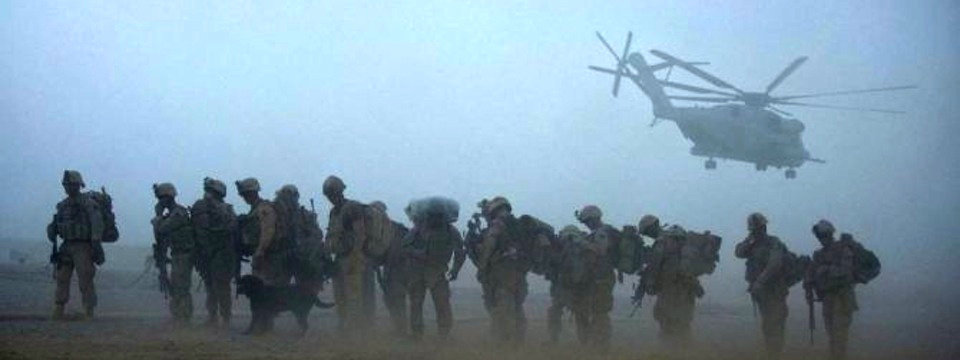 Robert Heinlein wrote the controversial Starship Troopers in 1959 at the height of the Cold War. The novel’s action centers around a war of survival between mankind and an extraterrestrial bug-like species bent on galactic conquest. What set this novel apart from other Sci-Fi genre novels was the underlying moral and political lessons Heinlein was teaching. These lessons are as fresh today as they were when we faced the threat of nuclear annihilation. And like much of Science Fiction, Starship Troopers is a cautiously optimistic novel.
Robert Heinlein wrote the controversial Starship Troopers in 1959 at the height of the Cold War. The novel’s action centers around a war of survival between mankind and an extraterrestrial bug-like species bent on galactic conquest. What set this novel apart from other Sci-Fi genre novels was the underlying moral and political lessons Heinlein was teaching. These lessons are as fresh today as they were when we faced the threat of nuclear annihilation. And like much of Science Fiction, Starship Troopers is a cautiously optimistic novel.
The central theme of Starship Troopers was what it meant to be a “citizen.” In Heinlein’s world, suffrage was not based on wealth (i.e. land ownership, 1%, etc.), or intellectual status (e.g. intelligentsia, education, etc.). These and other models had been tried and failed to produce results which formed a more perfect union, established justice, insured domestic tranquility and so on. Suffrage was earned by being a discharged veteran of Federal service. The philosophical underpinnings was that veterans had demonstrated by their service that they were willing to hold the needs of society above their personal gain.
Most of the controversy surrounding the novel centers around a misunderstanding of this concept. Detractors claim ST is a fascist and racist novel that celebrates mindless militarism. They miss the point that veterans do not get to vote until after they are no longer serving. (BTW, military service is only one of the paths described. There are also Peace Corps and Job Corps equivalents which earned suffrage).
They are only given suffrage when they are no longer able to vote for their own benefits.
Starship Troopers shows us something which is reflected in our real world. No, we are not going to change voting rights to only veterans. But, we are seeing a resurgance of veterans running for public office. Previous generations of legislators were filled with (mostly) men who had worn the uniform during conflict. Over the last thirty years, this experience has been slowly shrinking as veterans retired or passed on. This is about to change. The Long War has many legacies.
One of these is the large number of men and women who have seen the world and the extremes which ideology can cause while serving in the armed forces. They have seen true racism, sexism, religious intolerance and ethnic hate. And they know that political decisions have flesh and blood consequences. We already have Allen West in Congress and, from a different war, John McCain in the Senate. This cycle we could add Tom Cotton (AR), Josh Mandell (OH), Martha McSally (AZ), and Nick Popaditch (CA).
Veterans may not be “better” people than their opponents, but they do have a fundamental difference. In military service, you are trained to work as a team. You are inured to discomfort and criticism. And you recognize that there may come a time when you have to sacrifice your own needs for those of the group and that of the mission.
Contrast that to our general society. We are steeped in moral relativism. Truth is dependent on your “experience.” Nuance takes precedence over absolutes. If someone presents a powerful argument which is contrary to your beliefs, the common response is “whatever.”
Veterans recognize that every decision has consequences today and into the future. We should be happy that there are veterans who are willing to run for office.
Please vote for a veteran, and if possible contribute to a campaign. Our country needs their experience.










